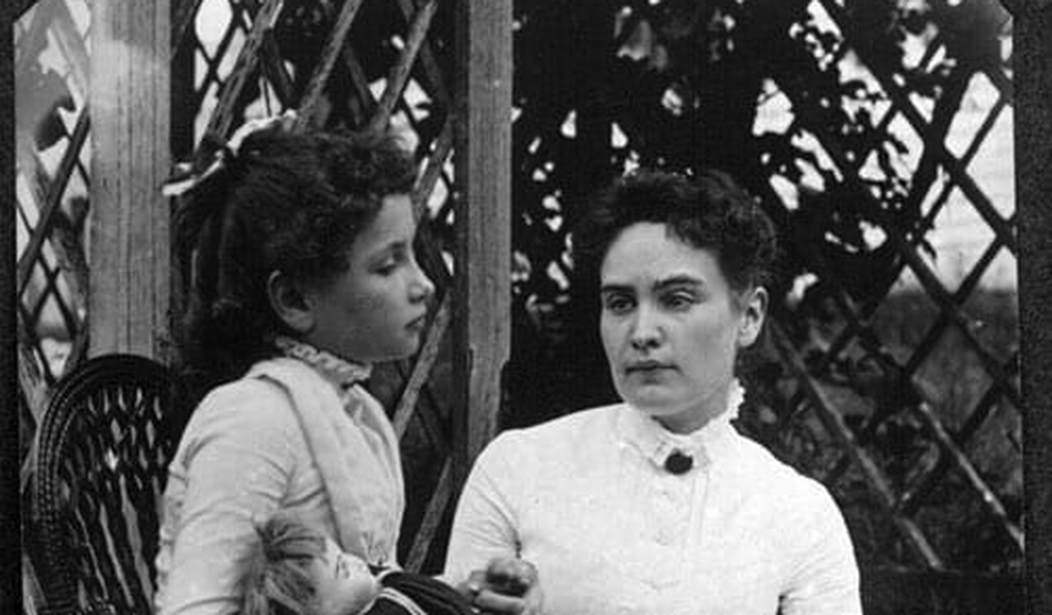WASHINGTON – The Federal Communications Commission on Thursday began scrapping the Obama administration’s net neutrality rule with a pivotal 2-1 party line vote.
Adopted in 2015, the FCC’s net neutrality rule bars internet service providers from throttling website data traffic for financial gain. The rule was approved through the 2015 Open Internet Order, which reclassified ISPs from information services to public utilities. Republican FCC Chairman Ajit Pai has proposed undoing the Open Internet Order and returning authority to the Federal Trade Commission, which regulated the internet prior to 2015.
The FCC vote on Thursday approved a Notice of Proposed Rulemaking, which opens a months-long public debate on the agency’s draft rule. Pai has proposed re-classifying the internet as a private mobile service and loosening regulations for broadband providers.
“The Internet wasn’t broken in 2015. We were not living in a digital dystopia,” Pai said in a statement, characterizing the current regulations as heavy-handed rules designed “during the Roosevelt administration to micromanage the AT&T telephone monopoly.”
“These utility-style regulations, known as ‘Title II,’ were and are like the proverbial sledgehammer being wielded against the flea – except that here, there was no flea,” he said.
Dissenting Commissioner Mignon L. Clyburn argued that the new rule as proposed will “destroy” internet freedom, explaining that it blocks internet access for the impoverished, limits funding for rural telecommunications and encourages higher broadband prices.
“(The proposed rule) contains a hollow theory of trickle-down internet economics, suggesting that if we just remove enough regulations from your broadband provider, they will automatically improve your service, pass along discounts from those speculative savings, deploy more infrastructure with haste, and treat edge providers fairly,” Clyburn said in a statement.
Commissioner Michael O’Reilly, who opposed the original net neutrality rule in 2015, blamed the prior administration for performing a rush job in approving the regulation. He also commended Pai for conducting the current review in an “open and transparent manner.”
Pai believes the internet flourished for two decades under a “bipartisan, light-touch regulatory framework” prior to net neutrality. He pointed out that major ISPs spent 5.6 percent less, or $3.6 billion, on broadband capital expenses between 2014 and 2016, the first two years under Title II.
Like Clyburn, Sen. Al Franken (D-Minn.) said in a statement that Thursday’s vote marked a major step in “destroying the internet as we know it” and “putting the interests of a handful of giant corporations like Comcast and Verizon ahead of the American people.”
Franken said that net neutrality ensures that what consumers read and watch on the internet is not favored, blocked or throttled, allowing small businesses to compete with the telecommunications giants.
“The truth is there’s no good reason to get rid of strong net neutrality protections, unless you want to give giant companies the power to shake-down consumers and small businesses even more by establishing fast and slow lanes,” Franken said.
Berin Szoka, president of the nonprofit think tank TechFreedom, called Franken’s argument “ridiculous,” echoing statements from Chairman Pai.
“We’re returning to the way the issues have been handled since the ’90s,” he said in an interview Monday. “We are returning to the bipartisan approach that policed competition and consumer protection problems since the late ’90s.”
Szoka’s organization plans to serve in a lead role for a potential Supreme Court review over net neutrality. The D.C. Circuit Court of Appeals earlier this month declined to reconsider an order upholding the net neutrality rule, which allows for a potential appeal to the high court. A partial court panel ruled against broadband trade group USTelecom in 2016, after the group challenged FCC’s authority to enforce net neutrality. USTelecom requested a full review, which the court denied, citing net neutrality’s uncertain future.









Join the conversation as a VIP Member